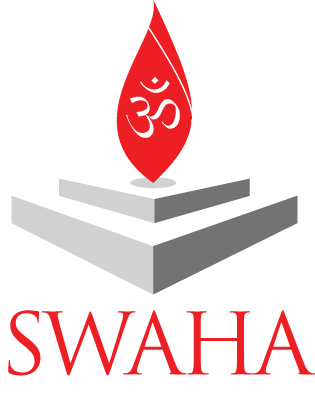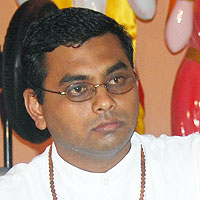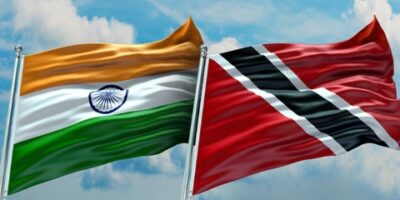 It has been stated that bringing a child into the world is a blessing and, likewise, a huge responsibility that should not be taken lightly. Children are born everyday; some in more luxurious circumstances than others but they are still entitled to the same basic human rights. According to UNICEF: “Children are neither the property of their parents nor are they helpless objects of charity. They are human beings and are the subject of their own rights.”
It has been stated that bringing a child into the world is a blessing and, likewise, a huge responsibility that should not be taken lightly. Children are born everyday; some in more luxurious circumstances than others but they are still entitled to the same basic human rights. According to UNICEF: “Children are neither the property of their parents nor are they helpless objects of charity. They are human beings and are the subject of their own rights.”
Each child is an individual, as well as, a member of a family and community, with rights and responsibilities commensurate with his/her age and developmental stage. The fundamental rights of every child include the three Ps:
• Provision of adequate standard of living, healthcare, education, food, play and recreation.
• Protection from abuse, neglect, exploitation and discrimination.
• Participation in communities, programmes and social service activities.
It is very important that we be aware that such rights exist, and that in fact, it is law that the Convention of Children’s Rights be respected and adhered to in Trinidad and Tobago. Far too often the daily newspapers carry headlines that depict the atrocious crimes that are committed against children in our country. Children are murdered, abused and left to fend for themselves because we, the adults, are too tangled in our own pursuit of ‘happiness’. The birth of a child is a time for merriment, rejoicing and gratitude. It is a time of bonding for the couple, and the larger family circle.
It takes more than parents to mould a child; rather the family, community and society as a whole need to become involved. As a people, we have strayed so far from this thinking that we sometimes notice misguided children or parents and dare not comment or offer advice. The change in approach ought to stem from the older and wiser members of society – the adults. We need to become more committed and engaged in the bigger picture: creating a world in which children are cared for, nurtured, protected and treasured.
It is not the prerogative of adults to rescind the rights to food, education and play. These are basic human rights, whether the child’s behaviour is inappropriate or improper. Furthermore, there are more creative and constructive ways of handling indiscipline in the home and the classroom than beating or, as we commonly say in Trinidad and Tobago, giving licks. Research has demonstrated that beating a child is a form of abuse and exploitation that carries only one message to the child – it is ok to hit when you do not get your way. For this reason, the circle and cycle perpetuates: parent/teacher hits so the child learns that this is a valid approach to dealing with problems, and he/she adopts it. And so, it continues ad infinitum. ‘Spare the rod and spoil the child’ is really not a proverb for our times; it is in fact quite passé and old-fashioned.
The Ramayan teaches that if the children in a society are neglected or ill-treated, the society is doomed to fail and disintegrate. In this light, Swaha has already taken steps to care for children in such conditions. The Vishok Bhavan (Children’s Home) was opened with this thinking in mind. It is our start to making a change and difference in society. Armed with the right knowledge and the right attitude, small in-roads can be reached. Recognising the rights of a child is certainly a culture shock for many Trinbagonians. We are accustomed to exerting our authority without considering the feelings of the child. It is time that this belief undergoes a revolution. The job of parents and teachers is awesome and understandably overwhelming; nobody ever said that it would be easy! We should be well-prepared if we plan to assume such roles. A change in perspective is needed: we are not putting the children in charge; we are simply treating them with the respect, care and love that are privileges of every human being.


